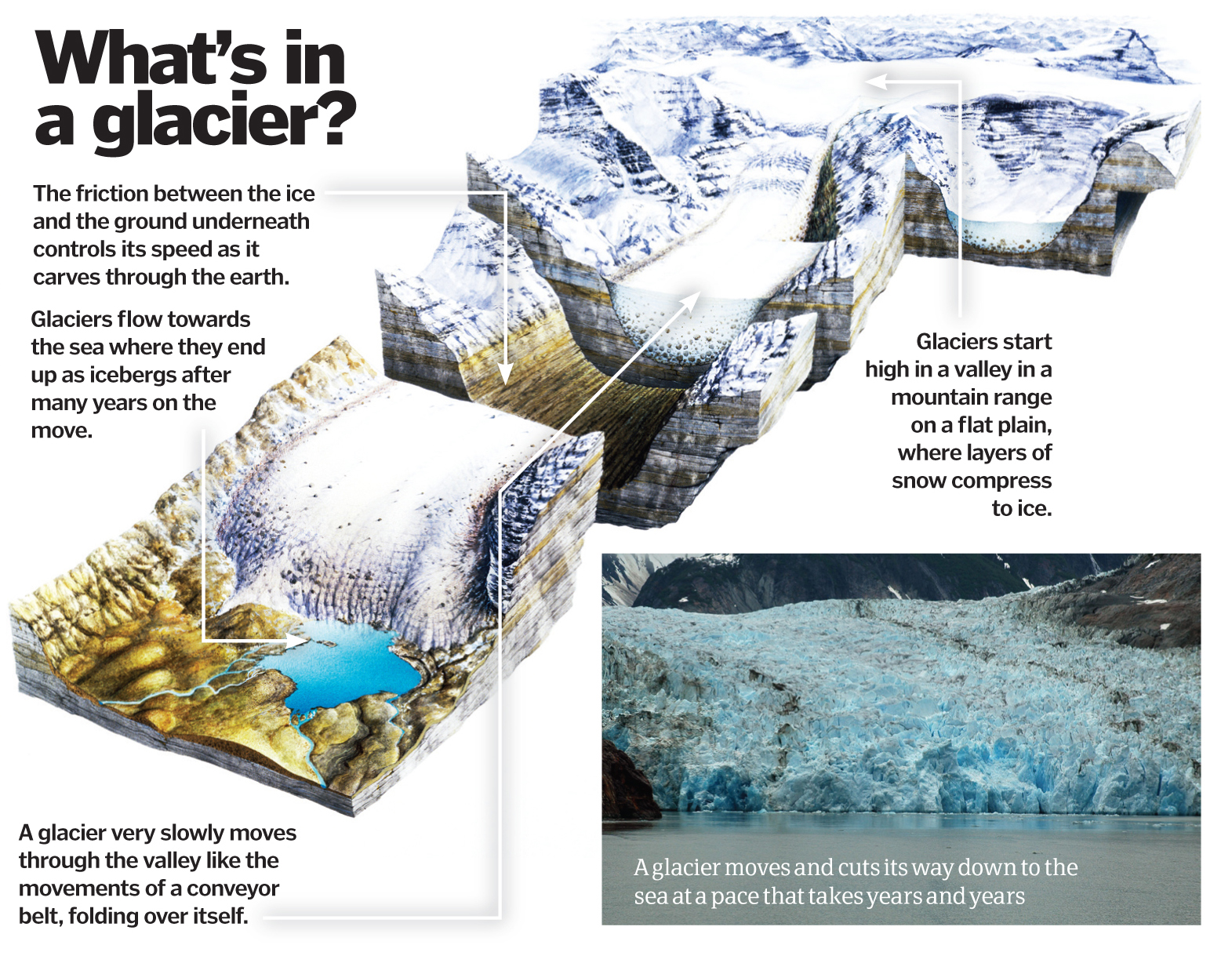The heat is continually being released to the atmosphere, and the layer is continually getting thicker. Web on average, it takes four days of below freezing temperatures to form ice that is safe. This article is a very interesting read and a very informative piece on ice growth. An ice sheet is a mass of glacial land ice extending more than 50,000 square kilometers (19,300 square miles). Water will freeze at zero degrees celsius (32 degrees fahrenheit).
Web a number of factors affect how long it takes for water to freeze, but in an average home freezer and using regular plastic ice cube trays, it will take from three to four hours to become frozen solid. How long do ice cubes take to freeze? Ice forms when freezing rain accumulates on surfaces and the ground. The two ice sheets on earth today cover most of greenland and antarctica.
This article is a very interesting read and a very informative piece on ice growth. Web on average, it takes four days of below freezing temperatures to form ice that is safe. Let’s find out how long ice production takes in the freezer.
Use prechilled or hot water. The heat is continually being released to the atmosphere, and the layer is continually getting thicker. Water will freeze at zero degrees celsius (32 degrees fahrenheit). How long do ice cubes take to freeze? Black ice is actually almost perfectly clear.
However, if you put ice cubes in a freezer, they will not freeze until the temperature drops below 32 degrees fahrenheit 0 degree celsius. Temperature, wind, and snow cover, all affect the ice growth. If we had a day with 5 freezing degree.
Web Conventionally, It Will Take Three To Six Hours To Freeze Water In An Ice Tray In A Traditional Kitchen Freezer.
Ice forms when freezing rain accumulates on surfaces and the ground. How long does it take ice cubes to freeze? The first factor that comes into play in how long does it take for ice to freeze is the temperature of your freezer. Web the freezing time of water into ice can vary greatly depending on the temperature and other conditions.
Black Ice Is Actually Almost Perfectly Clear.
Frances linzee gordon/lonely planet images/getty images. Web for most glaciers, this process takes more than a hundred years. Also, this guideline is for ponds and lakes. Size of the ice cubes.
(In Colder Parts Of The World, This Could Take As Long As 100 Years.) Firn Becomes Glacier Ice When The Interconnecting Air Passages Between The Grains Are Sealed Off.
In the case of water, the freezing point is 32°f (0°c). Small, shallow bodies of water ice up much quicker than large, deep lakes and reservoirs. Web well, there's not straightforward answer to this and a variety of factors affect ice growth. Once the temperature reaches 0 degrees f, the ice cubes will begin to form.
However, If You Put Ice Cubes In A Freezer, They Will Not Freeze Until The Temperature Drops Below 32 Degrees Fahrenheit 0 Degree Celsius.
So, you've filled your ice tray with water and popped it in the freezer. Ice often forms on lakes, rivers and the ocean in cold weather. In most situations, ice made in a standard ice tray — those plastic models with space for a dozen tapered cubes — takes about three to four hours to freeze in your home freezer. Another thing to know is that clear ice is the strongest.
Web the science of ice formation. So, let’s say that the daytime high yesterday was 30 f and the night time low was 20 f. Web to determine freezing degree days and how fast your favourite lake will build up ice, start by taking the average temperature (in degrees fahrenheit) over the past 24 hours. There are ways to speed things up, however, and with a few tweaks, you can be sipping your preferred libation on the rocks in no time. The first factor that comes into play in how long does it take for ice to freeze is the temperature of your freezer.






